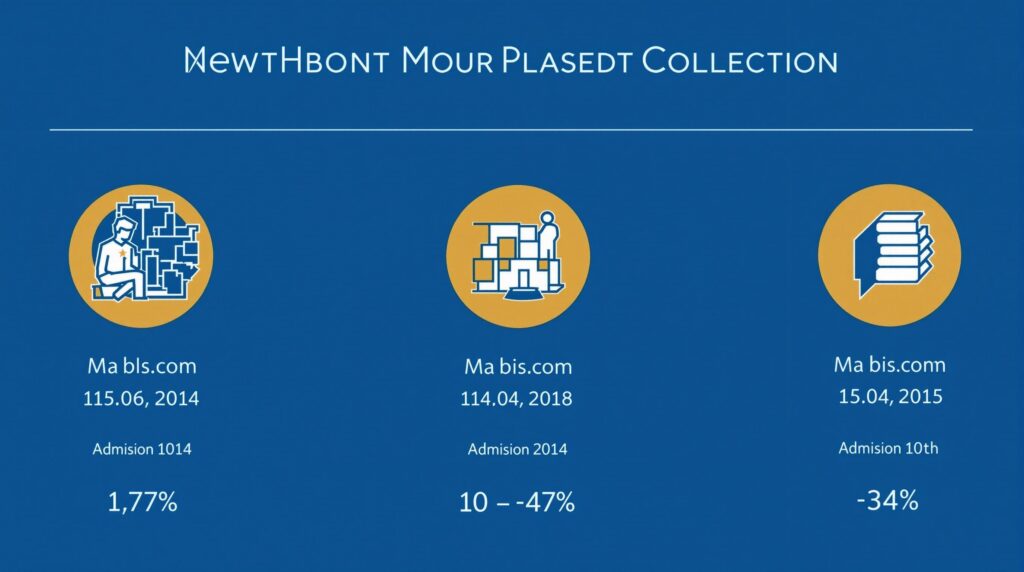Grant writing for educational organizations requires specialized expertise, but many schools and nonprofits struggle with determining fair compensation for these services. How much would it cost for someone to write a grant for you? The answer varies based on complexity, writer experience, and funding amount – with prices ranging from $25 per hour for beginners to $150+ hourly for elite consultants.
Key Takeaways
- Grant writer fees typically range from $25-$150+ per hour depending on experience level
- Most educational grant writers charge either by project fee (commonly $1,500-$8,000) or hourly rate
- Contingency-based payment (percentage of awarded funds) is ethically questionable according to professional associations
- The complexity and funding amount significantly impact pricing
- Experienced writers may cost more but typically deliver higher success rates and better ROI
Understanding the Cost Structure of Educational Grant Writing
When educational organizations consider hiring grant writing professionals, understanding the typical fee structures is essential. Grant writers typically charge using one of three main pricing models: hourly rates, flat project fees, or contingency-based payments (though this last option raises ethical concerns).
Hourly rates for grant writers vary significantly based on experience. Entry-level writers with minimal experience might charge $25-40 per hour, mid-level professionals with 3-7 years of experience typically charge $40-75 per hour, and senior grant writers with 7+ years of experience command $75-150+ per hour.
Project-based fees are also common, with simpler foundation grants costing $1,500-3,000, while complex federal grants might range from $4,000-8,000 or more. These flat fees provide budget certainty but require careful scoping to ensure all necessary work is included.

Factors Affecting Grant Writing Costs
Several key factors determine what you’ll pay for grant writing services. Understanding these can help you better evaluate quotes and proposals from potential writers:
The complexity and size of the grant directly impacts cost. Federal grants with detailed requirements and extensive documentation can require 80-120+ hours of work, while smaller foundation grants might need only 15-40 hours. Similarly, the funding amount often correlates with price—writers may charge more for multi-million dollar opportunities versus smaller $5,000-25,000 grants.
Writer credentials and success rates substantially affect pricing. Writers with proven track records of securing funds, especially in your specific educational niche, can justify premium rates based on their expertise. Geographic location also plays a role, with grant writers in major metropolitan areas typically charging 20-30% more than those in rural regions.
The timeline is another critical factor. Rush jobs requiring completion in days rather than weeks typically incur a 25-50% premium. Additionally, the scope of services needed—whether basic proposal writing or comprehensive services including research, program design, and post-submission support—will expand or contract your budget requirements.
Evaluating Value: Beyond the Price Tag
When considering how much to invest in grant writing services, looking beyond the initial cost is crucial. The return on investment from hiring an experienced grant writer often justifies higher upfront expenses.
Success rates vary dramatically between writers. Top-tier writers maintain success rates of 50-80% compared to industry averages of 20-30%. This difference can mean securing substantially more funding despite higher initial costs. The time required to write effective grants is another consideration—professional writers can often complete proposals in half the time it would take inexperienced staff.
Opportunity cost remains an often overlooked factor. When school administrators or teachers attempt grant writing themselves, they sacrifice time that could be spent on their primary responsibilities. Additionally, experienced grant writers bring valuable funder relationships and insider knowledge about what specific funding sources prioritize.
Red Flags and Warning Signs
As you evaluate potential grant writers, certain pricing practices should raise concern. I recommend watching for these warning signs:
- Writers who charge contingency fees (percentage of awarded funds) violate ethical standards established by the Association of Fundraising Professionals and Grant Professionals Association
- Unrealistically low rates that suggest inexperience or cut corners
- Writers who guarantee success (no ethical grant writer can promise funding)
- Significant upfront payments without clear deliverables
- Vague scopes of work that could lead to unexpected additional costs
Professional grant writers should provide transparent pricing and clear expectations about what’s included in their fees. They should also be able to explain their process and provide references from previous clients.
Cost-Effective Alternatives and Considerations
For educational organizations with limited budgets, several alternatives exist to hiring high-priced grant writers. Capacity building approaches can provide longer-term value than one-off grant writing services.
Consider hiring a consultant to train your staff, which typically costs $1,000-3,000 for a comprehensive workshop but builds internal capabilities. Alternatively, joining grant writers associations provides access to resources, training, and networking opportunities at a fraction of hiring costs.
Collaborative grant writing, where a consultant guides your team through the process rather than doing all the work themselves, offers a middle-ground approach. This typically costs 40-60% less than full-service writing while still leveraging professional expertise.
For ongoing needs, consider a retainer relationship with a grant writer (typically $1,000-5,000 monthly depending on workload) or hiring a part-time grant professional as staff (usually $25,000-45,000 annually for part-time work).
Making Your Decision: A Strategic Approach
To determine if hiring a grant writer makes financial sense for your educational organization, I recommend following these steps:
First, calculate your potential ROI by estimating the funding amount you’re targeting and your likelihood of success with and without professional help. Then establish clear expectations about deliverables, timeline, and communication before signing any agreement.
Request detailed proposals from multiple writers that specify all services included, allowing for accurate comparison. Always check references and ask about specific success rates with similar organizations or funding sources.
Consider starting with a smaller project to test the relationship before committing to larger engagements. Finally, ensure the contract includes provisions for revisions and addresses intellectual property ownership of materials created.
Conclusion
The cost of hiring someone to write a grant for your educational organization varies widely based on experience, project complexity, and service scope. While entry-level writers might charge as little as $25 hourly, elite consultants with proven success records command $150+ per hour or flat fees reaching $8,000+ for complex federal grants.
Rather than focusing solely on minimizing costs, I recommend evaluating the potential return on investment. A skilled grant writer with higher fees but a strong track record may ultimately secure more funding than a less expensive but inexperienced alternative. By understanding the factors affecting pricing and exploring cost-effective alternatives, educational organizations can make informed decisions that maximize their funding opportunities while managing budget constraints.



